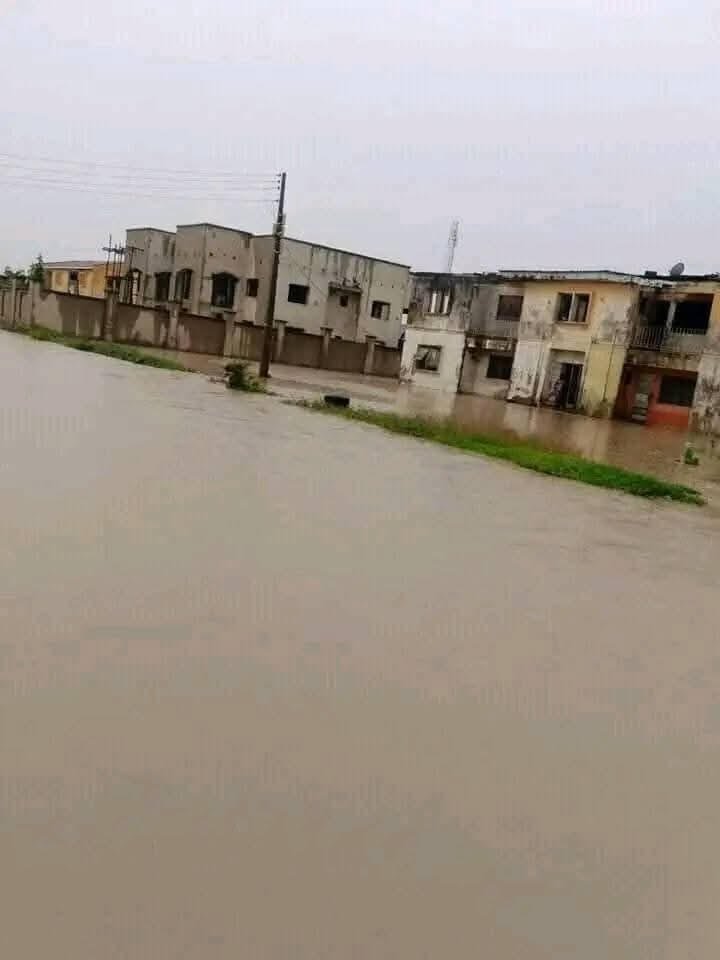A startling new health crisis is emerging from Nigeria’s oil-rich Niger Delta: petroleum is now being found in human bloodstreams.
The Executive Director of the African Centre for Leadership, Strategy and Development, (Centre LSD), Dr. Otive Igbuzor, raises the alarm during a policy briefing in Abuja on Tuesday, revealing that every woman tested in a Bayelsa community shows dangerous levels of petroleum in their blood.
“This is not fiction. It is science. The women of Otuabagi have petroleum coursing through their veins,” Dr. Igbuzor declares. “Their crops are poisoned, their water is toxic, and now their bodies are evidence of decades of unchecked oil pollution.”
The findings come amid renewed government plans to resume oil extraction in Ogoniland, triggering outrage from environmental advocates and affected communities.
Experts warn that Nigeria’s failure to fully implement the United Nations Environmental Programme’s (UNEP) recommendations for cleaning up Ogoniland risks repeating history — at a human cost.
“Resuming oil production without cleaning up the past is not just irresponsible. It’s cruel,” says Igbuzor. “No apology has been made for the killings, the displacements, and the environmental genocide in Ogoni
“The Ogoni people have endured death, displacement, and destruction,” Igbuzor adds. “They deserve more than silence. They deserve justice, not another cycle of pollution.”
Activists are demanding an immediate halt to oil activities in the region, and calling for a comprehensive health and environmental audit, the establishment of an independent Niger Delta Environmental Remediation Trust, and adoption of national decommissioning principles for oil companies exiting the region.



